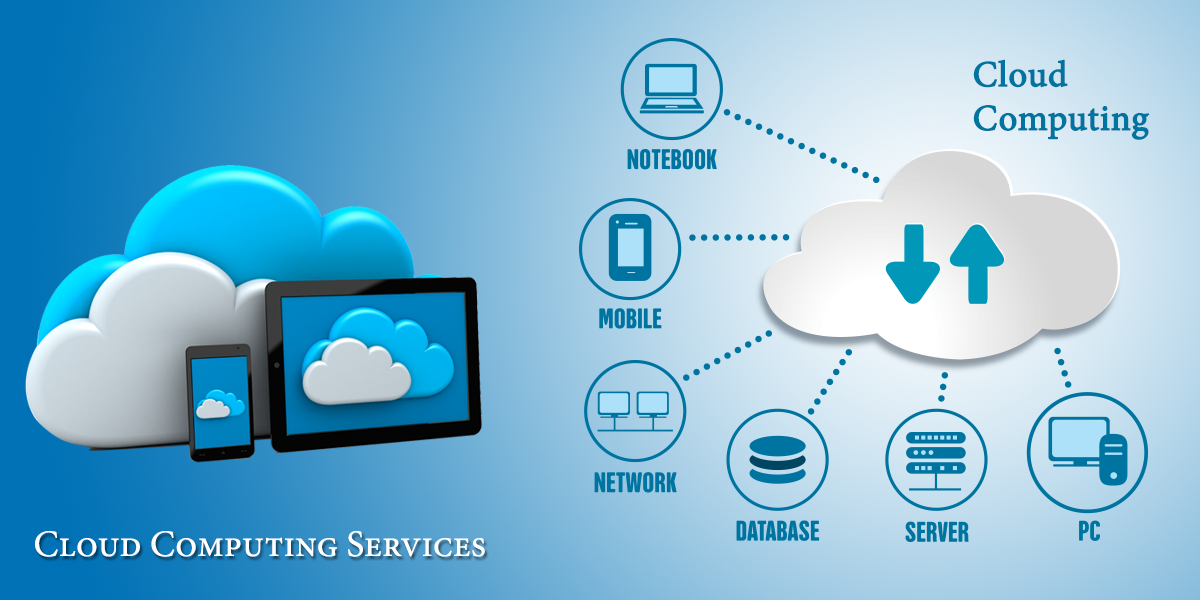Challenges to Cloud Computing in the Public Sector

Posted by Priyanka Singh
While more and more businesses may be moving their data and operations to the cloud, there will be many challenges. Data migration to the cloud computing by public sector organizations is not always easy as one thinks. There will be many challenges centering on security issues and cultural changes which are inevitable because of transition from an on-site data center to the cloud. It becomes vital to link the cloud to your traditional systems. You also have to make sure skills of your workers undergo changes to make the staff prepared to manage cloud contracts optimally.
The word “cloud” is also not an easy term to understand; this is because it includes many types of services like IaaS, PaaS, and SaaS solutions. As a result of these difficulties of moving the public sector companies to the cloud, discussions have been held by representatives from various public sector organizations. These representatives come from different backgrounds, namely the local authorities, the justice systems, NHS, national public bodies etc.
What are the challenges to shifting the public sector to the cloud?
There is no denying the fact that the freedom to share data both within and among organizations is perhaps the biggest benefit of cloud hosting plans. Everyone is impressed with the flexibility the cloud offers and its contribution in the field of data sharing. Sometimes the data shared will also include sensitive data, personal healthcare data, digital healthcare plans etc. So, there are going to be obvious challenges to data security.
According to Claire Taylor from SCTS or Scottish Courts and Tribunals Service, there is no distinction in data management, no matter where the data is hosted. Whether the data is hosted on a shared platform or in one’s own premises, the GDPR needs are the same. Taylor is of the opinion therefore that the shift to the cloud should focus on culture rather than on data management. The real problem is that the staff is apprehensive that data is stored in places where they cannot access it. Data retention is usually a problem when one looks at the advantages of cloud hosting. Taylor feels that the volumes of data which the SCTS deals with and the time that is needed for storing it would cut down on savings which businesses can get from the cloud. When audio files have to be kept in court for 6-7 hours after which judges can make their notes, there is a huge volume of data involved. This is not likely to be cheap.
Another significant impact of this cultural shift is the need for changing skill sets before shifting to the cloud. Technically speaking, there will be many diverse services and variety of providers. So, it becomes important to know what will work and what will not, which services are performing well and which are most worthwhile. Besides these technical changes, there is a shift towards a solutions architecture job. Here, the experts will be looking at cloud solutions and thinking how they can use these to meet specific business demands. IT staff will be required to learn the cloud’s modular nature and ways to pull cloud solutions to come up with a relevant package which can serve a company’s needs.
It is important to understand whether the staff which had so long been procuring IT solutions has the know-how to handle cloud contracts. Since the cloud is a relatively new technology, skills of those who had been working in the public sector for many years may now be outdated. Getting graduates with right skills is not going to be a cakewalk.
Some experts feel that the cloud is not entirely a new concept; it had been hosted remotely for a while but the issue of legacy systems is one which is yet to be resolved. According to Peter Tollund, many legacy systems have been there for many years. How these can be integrated is something which organizations have not yet worked on. It is hard to find people who may have already integrated legacy systems or shifted data from one vendor to another. This is why for businesses in the public sector, there are many considerations which they have to look at before shifting to the cloud.
Another important challenge which companies will face is the costs of moving to a new cloud set-up from a traditional set-up. While the cloud offers a variety of services, there are also a variety of payment methods for such services. To know which is the most budget-friendly amongst them is a new challenge. It is hard to know which automation tools are most cost-effective. You will try to start things on a smaller scale at first and then develop using agile processes. But there are problems in this; people fear about data security in the cloud. Some others have inflated expectations and tend to view the cloud as a solution for all their problems. Replacing data from on-site systems to the cloud all at one go is a huge step. So, some businesses choose solutions resembling an on-premise cloud. This has cloud-like features but is hosted on-site. This gives them time to change their skills sets. Cloud computing is considered to be a business model more than a technology. It is a utilitarian business model that scores in flexibility and scalability. However, there are people who feel that the cloud solutions often fall into wrong hands.
Senior leaders also feel that putting everything in the cloud in the hope that things will improve and be less costly is not always true. You often realize that you will enjoy the outcome only if certain changes are made. That is a lesson for directors; they must be educated enough to know what they are asking the vendors for. They may be asking for the cloud simply because of the scalability and flexibility benefits without really understanding the complexities lying beneath.





